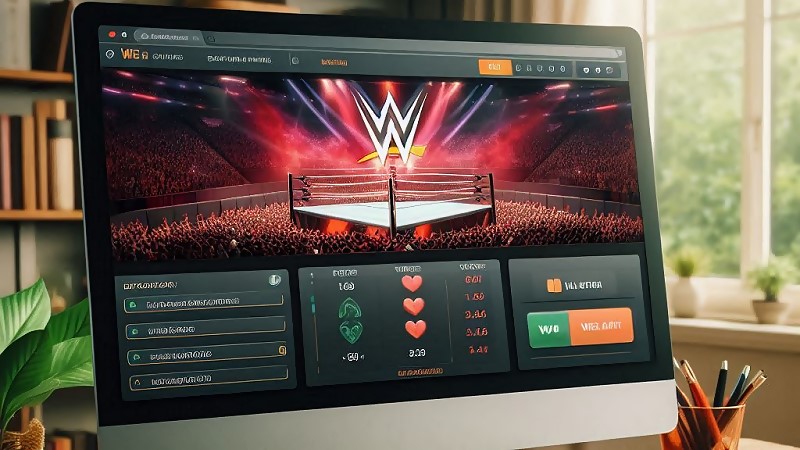
There’s something about the underdog that never gets old. Whether it’s a rookie stepping into the ring for the first time or a lifelong fan chasing a personal goal, the story of starting small and swinging hard is timeless. Wrestling fans know this feeling better than anyone — watching someone climb from the bottom and defy the odds. That same mindset shows up everywhere, from sports to business to how we play and take risks online.
The Underdog Mentality
Underdogs don’t start with advantage — they start with hunger. It’s what pushes them to train harder, last longer and take smarter risks. The greatest wrestlers in history weren’t always the biggest or strongest. They were the ones who learned how to adapt, endure and surprise. The same principle applies far beyond the ring.
That drive to outthink, not outspend, defines modern digital culture. It’s why indie creators build loyal fanbases without major studios. It’s why small startups disrupt entire industries. And it’s why the world still loves an upset — because it reminds us that success isn’t always about scale.
This mentality thrives in today’s online spaces. People want control over how they spend their time, their money and their energy. They want systems where the smallest step can still lead to a big win.
Playing Smart in a Competitive World
In both wrestling and life, the smartest players aren’t reckless — they’re strategic. They pick their moments, study their opponents and make every move count. Online, that translates to how people engage with platforms, communities and even entertainment.
Success today isn’t about diving in blindly; it’s about balance — risk measured by intention. That balance is what turns uncertainty into opportunity.
The “underdog formula” isn’t complicated:
- Start small. Use what you have and make it count.
- Learn fast. Every misstep is data, not defeat.
- Stay consistent. The grind beats the gamble every time.
- Think long-term. Play for legacy, not just for luck.
These principles are universal. They build champions inside and outside the ring.
The Psychology of the Small Win
In wrestling, the smallest victories (a reversal, a successful counter, a narrow escape) can change the entire match. Online, it’s no different. The human brain thrives on achievable milestones. Small wins build momentum and momentum builds confidence. That’s why even micro-achievements matter: they’re fuel for persistence.
You see it in everything from mobile games to fitness apps to streaming milestones — systems that reward small progress to keep people motivated. It’s not manipulation; it’s psychology. The same instinct that makes us cheer when the underdog gets a surprise pinfall also drives us to keep pushing in our own challenges.
When small wins stack up, they lead to transformation. That’s how progress works — inch by inch, until it looks effortless.
Betting on Yourself
You don’t have to be in a ring to embody the underdog spirit. It’s an attitude — a willingness to take a risk, even a small one, because you believe in what comes next. That’s why even in digital spaces like entertainment and gaming, small stakes can hold big meaning.
Platforms that allow people to play, learn and test the waters without heavy investment have gained massive appeal. It’s not about recklessness; it’s about empowerment. Players can step into new experiences without fear of loss — a fair shot at fun, no strings attached.
The same logic powers the growing popularity of the $10 minimum deposit casino model. It’s designed for people who want to participate smartly — not spend wildly. The stakes are low, but the excitement remains real. It’s the perfect blend of accessibility and adrenaline: proof that you don’t need to go all-in to enjoy the game.
The Underdog’s LegacyWhat defines an underdog isn’t where they start, but how they play the hand they’re dealt. The same goes for anyone navigating today’s fast-paced digital world. The ones who stay sharp, strategic and fearless will always find ways to rise.
It’s not about luck; it’s about resilience. Whether it’s a match that goes into overtime or a small risk that pays off, victory comes from persistence. The underdog doesn’t chase shortcuts — they build skill, one challenge at a time.
And maybe that’s the real story behind every small win. It’s not about the prize at the end, it’s about proving that every effort, no matter how small, counts for something.



